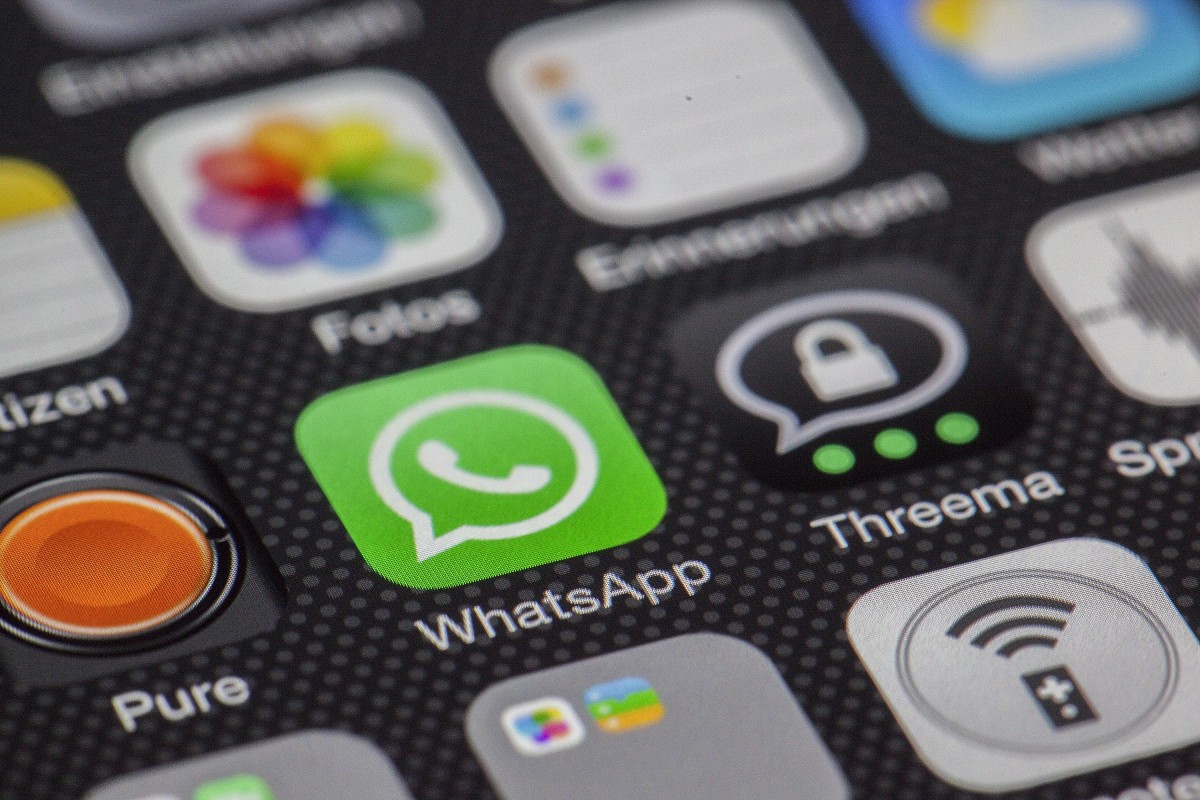Links to private WhatsApp group chats have been indexed on Google search results, the Indian Express reported. The exposure was surfaced by security researcher Rajshekhar Rajaharia on Twitter. All Rajaharia had to do to extract a seemingly endless list of private WhatsApp group links was to look up "site:chat.whatsapp.com". Adding India's STD code (+91) to the search query resulted in India-specific groups being exposed. The search query appears to no longer elicit any results, though. WhatsApp said in a statement: "Since March 2020, WhatsApp has included the "noindex" tag on all deep link pages which, according to Google, will exclude them from indexing. We have given our feedback to Google to not index these chats. As a reminder, whenever someone joins a group, everyone in that group receives a notice and the admin can revoke or change the group invite link at any time. Like all content that is shared in searchable, public channels, invite links that are posted publicly on the internet can be found by other WhatsApp users. Links that users wish to share privately with people they know and trust should not be posted on a publicly accessible website.” — WhatsApp spokesperson The exposure was nevertheless startling, seeing how it appears to have indexed, for the better part of 2020, a number of group joining links. Such links, once shared, can allow any user to hop into a WhatsApp group immediately, without requiring approval from the group's members or administrators. WhatsApp's statement seems to indicate that users'…





























